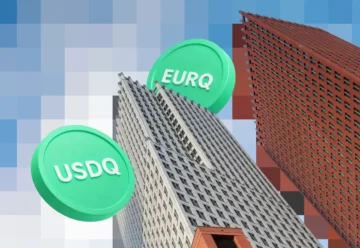Tether Denies UN Accusations and Calls for More Blockchain Awareness

Tether disagreed with the United Nations (UN) over the USDT stablecoin’s involvement in illegal activities. The company said the regulator should focus more on emerging economies, increase education on blockchain technology, and cooperate on financial crime.
Tether criticized the latest UN report that shows the involvement of USDT, the stablecoin it issues, in illegal activities in East and Southeast Asian countries.
In the blog, the company expressed disappointment with the UN’s assessment, saying that the agency’s analysts ignored the traceability of USDT transactions and the company’s current experience in cooperation with law enforcement agencies worldwide.
In particular, Tether recalled that they froze more than $300 million in USDT involved in illegal activities in the last few months. In November 2023, $225 million was frozen due to a U.S. investigation into a criminal syndicate involved in human trafficking in Southeast Asia, the company’s reps highlighted.
Tether also noted that the UN completely ignored the role of USDT in assisting emerging economies. According to the company’s blog, the regulator should evaluate the potential of centralized stablecoins in combating financial crime. Therefore, the world community and the UN should understand the principles of blockchain technologies that underline USDT. Tether claims that tracking transactions with stablecoins is much more effective and accessible in the long term than trying to control traditional banking systems, which have been the hotbeds for the shadow economy for decades.
The United Nations Office on Drugs and Crime (UNODC) reported on the use of crypto and USDT on the Tron blockchain in organized crime in Southeast Asian countries.











